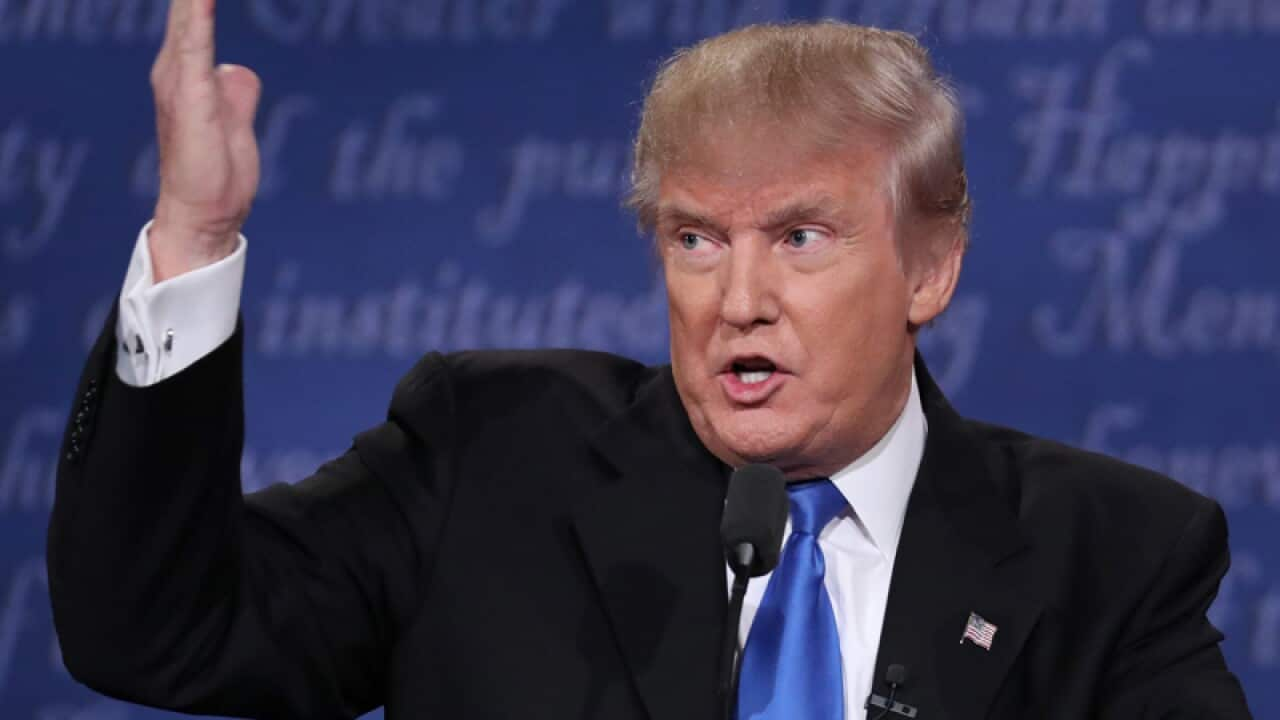Syrian President Bashar al-Assad says US president-elect Donald Trump would be a "natural ally" against terrorism if he could overcome "countervailing forces" in the US administration.
"We don't have a lot of expectations because the American administration is not only about the president; it's about different powers within this administration," the Syrian leader told Portuguese television station RTP in his first comments on the outcome of the US election.
Asked about Trump's remarks on being ready to fight the Islamic State extremist group, Assad, who spoke in English during the interview broadcast late on Tuesday, said, "this is promising but can he deliver?"
"If he is going to fight the terrorists, of course we are going to be (an) ally, natural ally in that regard with the Russian(s), with the Iranian(s), with many other countries who wanted to defeat the terrorists."
Under outgoing President Barack Obama, the US has called for al-Assad to leave power and has supported the Syrian political opposition as well as giving strictly limited aid to some rebel groups.
The main US military involvement is in support of leftist Kurdish forces who are fighting the Islamic State jihadist organisation. The Kurds recently launched what they say is a campaign to capture al-Raqqa, the jihadists' de facto Syrian capital.
Trump has suggested his foreign policy will be less hostile to Assad's government, whose forces are concentrating on fighting the mainly Islamist rebels but are also battling Islamic State in some areas.
The US president-elect told the Wall Street Journal on Friday: "My attitude was you're fighting Syria, Syria is fighting ISIS (Islamic State), and you have to get rid of ISIS ... Now we're backing rebels against Syria, and we have no idea who these people are."
Russia has upped its military involvement in Syria, launching air raids on opposition strongholds in the north-west from its Admiral Kuznetsov aircraft carrier which recently arrived in the eastern Mediterranean.
An estimated 250,000 to 300,000 people are under siege in eastern Aleppo, where residents report declining or damaged supplies of necessities including food, water, electricity and medicine.
The Syrian conflict began in 2011 with peaceful protests against Assad's regime.

